#jeff cronenweth
Explore tagged Tumblr posts
Text














Gone Girl (David Fincher, 2014).
#gone girl#gone girl (2014)#ben affleck#rosemund pike#david fincher#gillian flynn#kirk baxter#jeff cronenweth#Donald Graham Burt
61 notes
·
View notes
Text
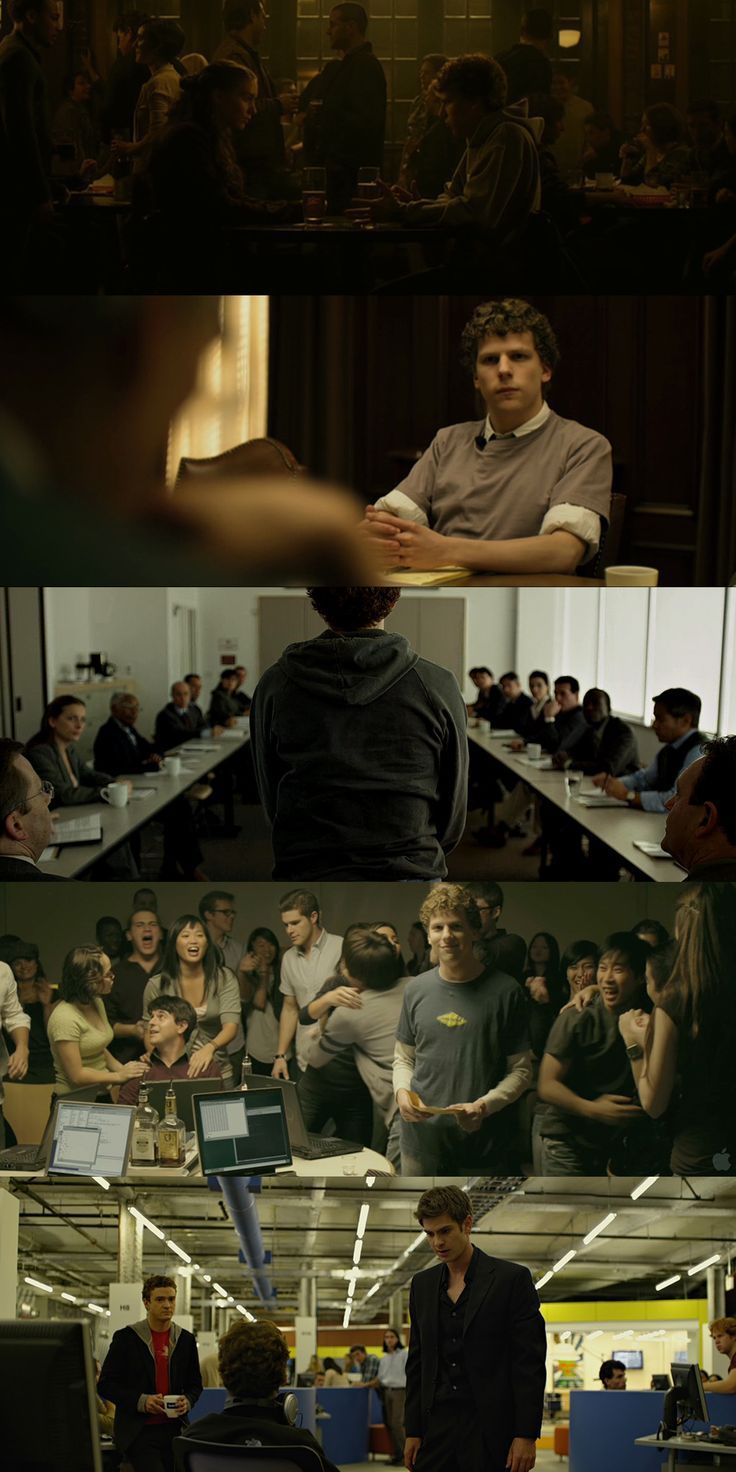
#films#movies#movie#filmedit#cinematography#cinemapix#the social network#david fincher#jeff cronenweth#jesse eisenberg
35 notes
·
View notes
Text
THESE ARE MY FAVOURITE SHOTS BY JEFF CRONENWETH IN FINCHER’S FILMS, HIS CINEMATOGRAPHY IS SO GORGEOUS I WANT TO EAT IT
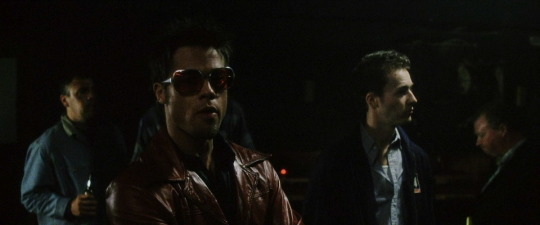








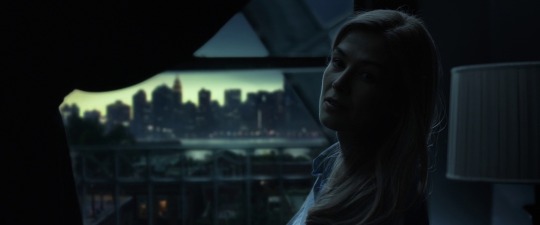
#no one asked for this but i am nothing if not a Fincher shit poster#HIS WORK IS SO PRETTY#also the seventh image is technically a CGI shot by Randy Sharp for the girl with the dragon tattoo credits but i’m still counting it#jeff cronenweth#david fincher#fight club#zodiac 2007#the social network#the girl with the dragon tattoo#gone girl#fincher#fight club 1999
110 notes
·
View notes
Text
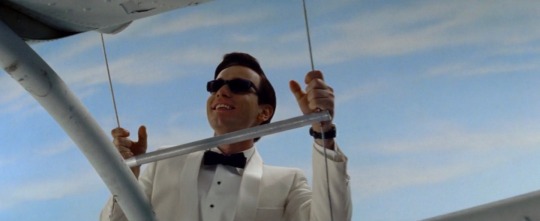

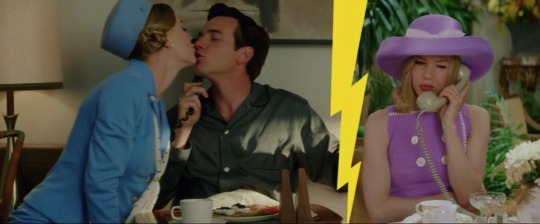
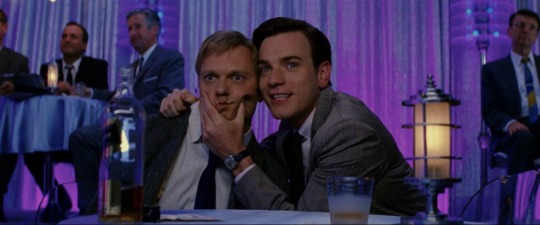
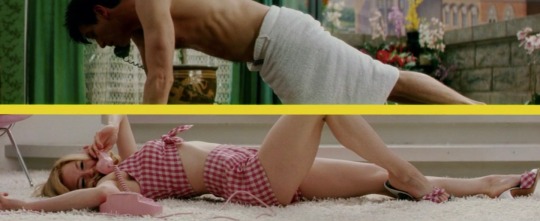
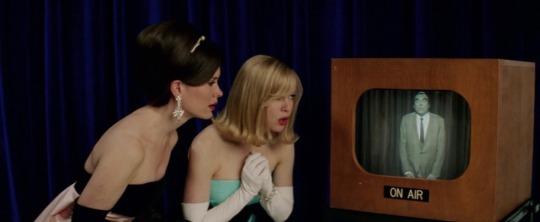
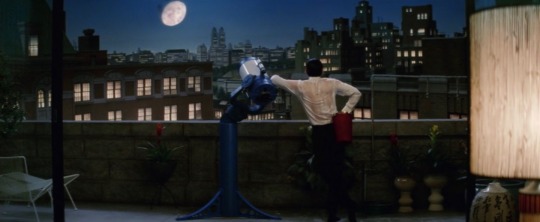
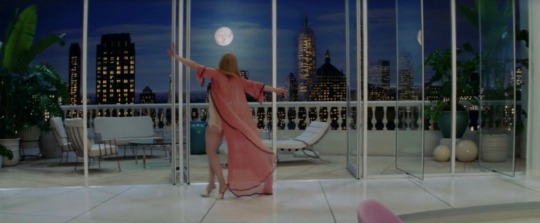
Down With Love (2003)
Directed by Peyton Reed
Cinematography by Jeff Cronenweth
42 notes
·
View notes
Text

We Make Movies Better
directed by Jeff Cronenweth and Tim Cronenweth, 2021
#We Make Movies Better#Jeff Cronenweth#Tim Cronenweth#movie mosaics#Nicole Kidman#Emma Stone#Ryan Gosling#Gal Gadot#Michael B. Jordan#AMC#AMC Theatres
13 notes
·
View notes
Text

Gone Girl (2014) ------------------ dir. David Fincher cin. Jeff Cronenweth cs. USA
#gone girl#david fincher#ben affleck#rosamund pike#carrie coon#Jeff Cronenweth#2014#2014 movies#american cinema
6 notes
·
View notes
Text
The Killer: Fincher's Further Descent into Hitchcockian Thrillers
David Fincher's latest thriller is finally out on Netflix! It's good, but feels like a disappointment considering the directors esteemed recent work. Consider watching the film and then reading my review!
A nameless assassin (Micheal Fassbinder) waits in an abandoned building, day and night, to kill an unnamed target. He narrates to us, or perhaps to himself, that it is exhausting doing nothing, maintaining a routine of surveillance and existence before a killing. He listens to playlists based on his mood, each likely populated exclusively by The Smiths songs, while stating mantras to himself…

View On WordPress
#Alfred Hitchcock#Atticus Ross#Collateral#Contemporary Releases#David Fincher#Erik Messerschmidt#Fight Club#Film Reviews#Jean-Pierre Melville#Jeff Cronenweth#John Wick#Le Samourai#Marnie#Micheal Fassbinder#Micheal Mann#Panic Room#Seven#Steven Soderbergh#The Girlfriend Experince#The Killer#Torn Curtain#Trent Reznor
2 notes
·
View notes
Text
Tracey rambles about Tron Ares again
Tron Ares fills me with so much dread, each passing day is like a countdown to the death of a franchise I care so much about.
The producer, title & main character, is literally Joker Morbius alleged pedophile since the early 2000s himself Jared Leto. That alone ruins the movie for me, and yet every following bullet point makes everything about and around it so much worse.
-Premise is explicitly "What if the Grid came to the real world".
NO, the interesting part of the series is THE GRID, where all of the deeply meditative commentary about our world and visually interesting splendor is supposed to be! Yes we had the lingering plot thread of Quorra coming to our world, however;
-Nothing directly tied to Tron Legacy is specifically being followed up
So no seeing where Sam Flynn could have taken Encom, no Quorra adjusting to our world, No Edward Dillinger Jr scheming with the resurrected MCP; But most disrespectfully of all, they didn't even bother to get Bruce Boxleitnter back, THE GUY WHO PLAYS TRON (and Alan Bradly & Rinzler). The one guy who actively loved this series and campaigned for a Third Tron film for over a decade, and previously Tron Legacy for even longer. But you know who they are bringing back?
-Kevin Flynn is back
THE GUY WHO FUCKING DIED IN THE LAST MOVIE. Undermining the noble sacrifice that was integral to the core themes of the film.
And just today we got this:

This is so far from an advancement design wise of the Light Cycle from either film. None of the simple shape language of the original. None of the sleek visual melding of human & technology of Legacy. While the light cycle was always cool for being a futuristic video game-ass motorcycle, its was just one of the multitude of visual elements that served the thematic purposes of Tron flawlessly.
Meanwhile, this not only physically separates the driver from the cycle, they further emphasize it through all the little gaps where there were none on either prior design. They so easily could've had the red line on Ares connect into the obviously aligned part of the bike.
Even if this is meant to show the separation of the programs from the grid for some thematic element we're unaware of at the moment, we're already going to be getting a lot of that considering the movie takes place in an average ass city.
Also, to be truly nitpicky, it looks really uncomfortable to sit in & I don't like all the added greebles.
To circle back around, what I really hate about the cast, besides the obvious one, is that there are a lot of actors who I think will work extremely well in the world of Tron. Greta Lee, Gillian Anderson, Evan Peters? Inspired casting choices.
Meanwhile production wise we're literally taking David Fincher's collaborator trifecta. Jeff Cronenweth (Cinematographer), Tyler Nelson (Editor), and Trent Reznor (Composer, backed up by Nine Inch Nails) all worked on The Social Network, another one of my favorite films. Jeff is literally the son of Blade Runner's cinematographer, Nelson was co-editor on The Batman, a film with incredible pacing thanks to their hardwork, and while I'm not the most familiar with Reznor's full body of work, I've sincerely liked everything I've heard and think in conjunction with Jeff & Tyler he will make something fantastic and fitting for the tone of this film.
However, the screenplay is done by the writer of Harry Potter & the Cursed Child, and is being handled by the director of Pirates of the Caribbean 5. Choices that feel at odds with the prestige praise I was just handing out a paragraph ago.
Theres so many good elements that are eclipsed by its central glaring protagonist, seeming lack of the interesting setting/designs or integral thematic elements that I look for in Tron, and lack of expectation regarding the choice of director & writers.
Because my two greatest fears are not about if the movie is awful and destroys the franchise as I'm expecting it could, it's either:
What if the movie is genuinely good? Well acted and performed, somehow actually has the same level of philosophical inquiry that Legacy & Identity have? How am I gonna face that reality with the enormous horrific issue starring in it?
What if the movie is bad in everyway that I think it will be, but does financially and/or critically better than the first two? The franchise is not killed again, but revives and bases everything going forward around this awful outlier in the series?
Unless this movie fails so horrifically that Disney wants to scrub it from existence, as they tend to do, the future of any Tron media will undeniably be forced to cohere itself to the existence of Ares.
If you want something that actually expands on the musings and universe of Tron, play Tron Identity. A game so lovingly crafted for fans of those elements of Tron as a connected series. And I know this factually, as the writer of the game itself (who also created Thomas Was Alone) watched my twitch stream of it and confirmed my ramblings about the deep seeded lore and intent of design of the TREES that appear in the game. Only one example of the incredible attention to detail the game delivers on. Plus its also getting a sequel that unlike Ares, I'm awaiting with bated breath.
38 notes
·
View notes
Text
















GONE GIRL (2014)
Director: David Fincher Cinematographer: Jeff Cronenweth
#gone girl#garota exemplar#david fincher#gillian flynn#ben affleck#rosamund pike#neil patrick harris#amy dunne#nick dunne#thriller#thriller movies#2010s#2010s movies#psychological thriller#cinematography#movie screencaps#movie screenshots#movie frames#film screencaps#film screenshots#film frames#screencaps#screenshots#scenes#carrie coon
21 notes
·
View notes
Text










The Social Network (2010)
Director: David Fincher
Cinematographer: Jeff Cronenweth
12 notes
·
View notes
Text

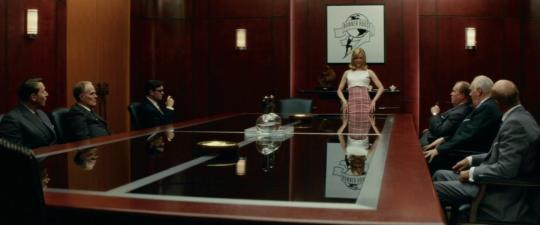
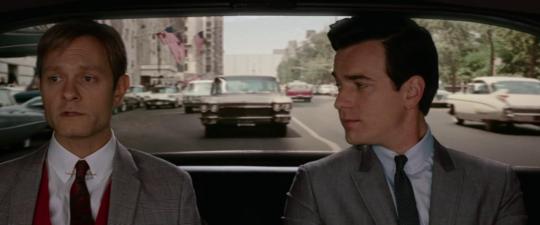
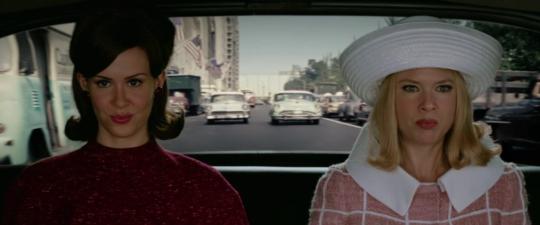


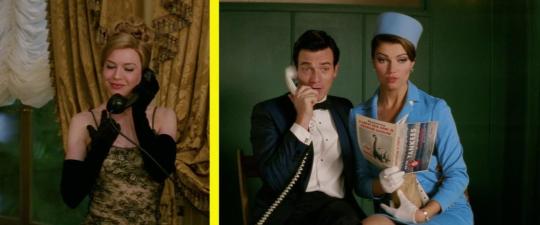

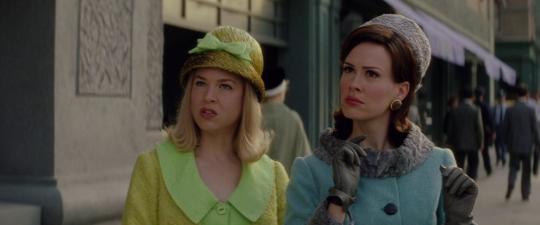
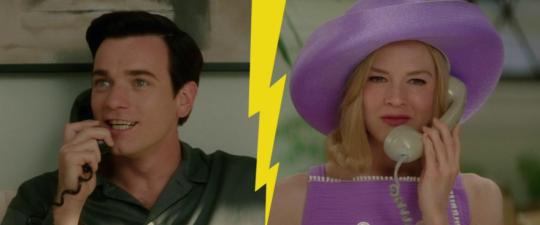

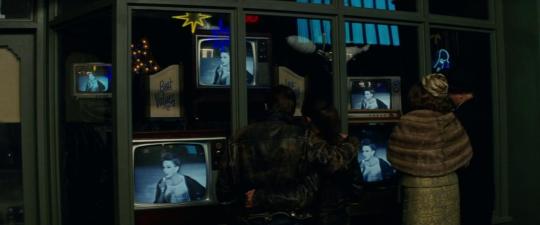




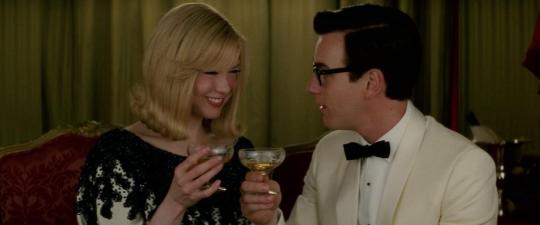
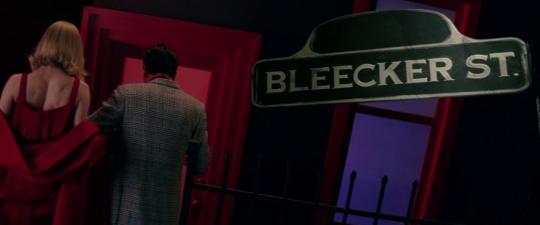
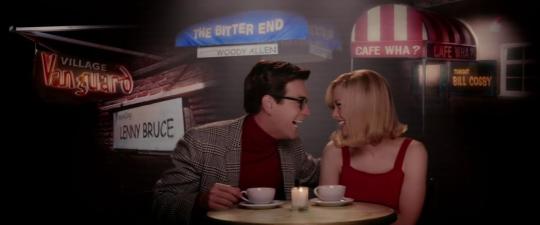
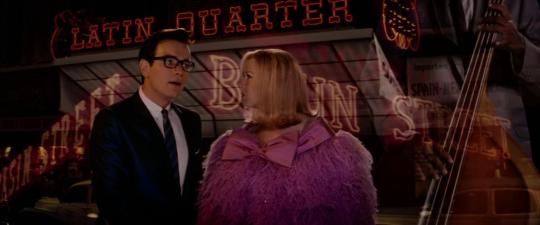
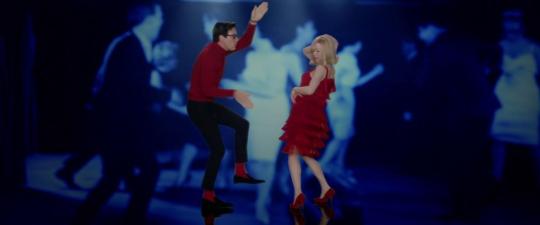
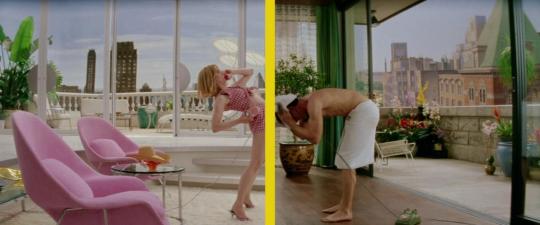
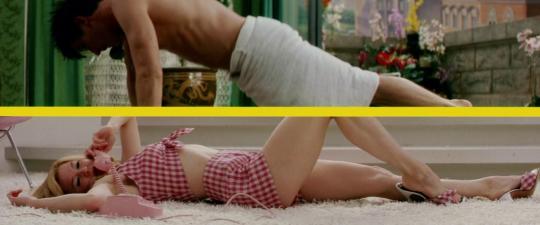
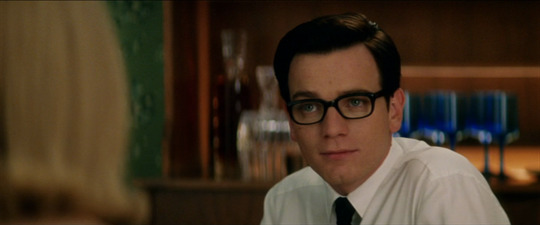




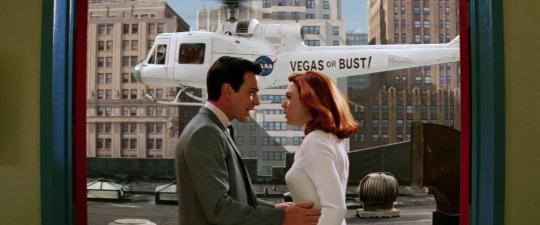
Down with Love (2003)
This tongue-in-cheek parody of the early 60s films of Rock Hudson and Doris Day went under-appreciated on release, despite the delightful chemistry and gumption of era stars Renée Zellweger and Ewan McGregor (both never better) AND the comedic stylings of Gay Icons David Hyde Pierce and Sarah Paulson. It’s aged like a fine wine.
Director: Peyton Reed
Starring: Renée Zellweger, Ewan McGregor, Sarah Paulson, and David Hyde Pierce
Cinematographer: Jeff Cronenweth
Costume Designer: Daniel Orlandi
#down with love#renee zellweger#ewan mcgregor#sarah paulson#david hyde pierce#romantic comedy#sex comedy#period piece#costume design#daniel orlandi#peyton reed#2003#cult films#cult classic#homage#doris day#rock hudson#pastiche#tony randall#2000s cinema#2000s films#2000s movies#early 2000s#00s film#00s movies#romantic movies#cult comedy#comedy film
39 notes
·
View notes
Text

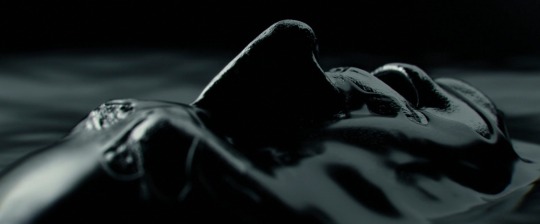
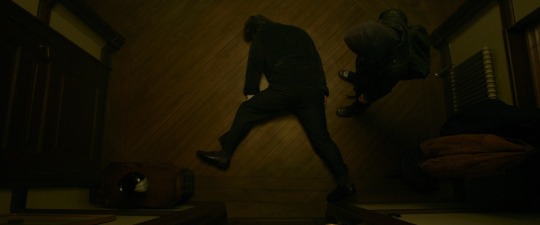
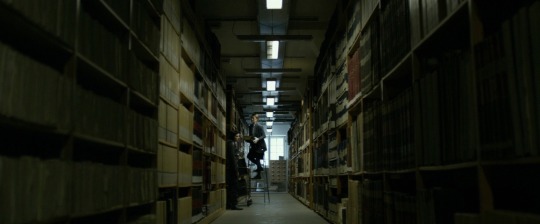
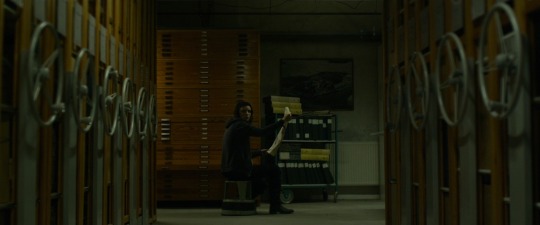
The Girl with the Dragon Tattoo (2011) Director: David Fincher Cinematography: Jeff Cronenweth Production Design: Donald Graham Burt
#cinematography#film stills#movie stills#david fincher#the girl with the dragon tattoo#the girl with the dragon tattoo 2011#daniel craig#rooney mara#david fincher sure likes yellow huh#movies based on books
34 notes
·
View notes
Text




One Hour Photo (Mark Romanek, 2002)
Cast: Robin Williams, Connie Nielsen, Michael Vartan, Dylan Smith, Gary Cole, Evie Daniels, Paul Kim Jr., Eriq La Salle, Clark Gregg. Screenplay: Mark Romanek. Cinematography: Jeff Cronenweth. Production design: Tom Foden. Film editing: Jeffrey Ford. Music: Reinhold Heil, Johnny Klimek.
Robin Williams gives a fine performance in One Hour Photo, but it remains just that: a performance, a tamping down of his familiar manic presence into the persona of the repressed, furtive Sy Parrish. He works in the photo processing department of SavMart, a vast and impersonal big box store. He lives alone, and his chief human contact is with his customers, who bring him their rolls of film to be developed. Their snapshots give him a glimpse into the lives of people who have families and children and celebrate events like weddings and birthdays. He also gets a glimpse of the secret lives of people, who bring in shots revealing their sexual proclivities, but he chooses to concentrate on the happy families, especially the Yorkins: the beautiful Nina (Connie Nielsen), her handsome husband, Will (Michael Vartan), and their cute 9-year-old son, Jakob (Dylan Smith). His admiration for the Yorkins grows into an obsession, and from that writer-director Mark Romanek spins the plot. One Hour Photo is supposed to be a thriller, in which we watch uneasily as Sy's obsession curdles into something malevolent. But by showing us Sy talking to the police at the start of the film, he deprives us of that surprise. There's a slackness in the narrative that works against the suspense, and Sy's breakdown and eruption into violence feels less like an integral part of the character than a plot device. Romanek also gets distracted into making a satiric point about the soullessness of the megacorporate entities embodied by SavMart, turning the store manager (Gary Cole) into the villain who pushes Sy over the edge. For many people, however, watching Williams perform is enough to overcome the movie's flaws.
5 notes
·
View notes
Note
does David fincher have any upcoming movies?
the latest news that’s come out is he’s working on a ‘Strangers on a Train’ remake that he’s been working on since 2015. with Gillian Flynn adapting the novel, Ben Affleck starring (maybe producing?) and maybe Jeff Cronenweth as DP but i don’t think that’s confirmed.
there’s also a rumour that he’s working on a ‘Squid Game’ remake and i don’t even want to believe that is true.
#there was also another rumour recently about a film but i forgot#it’ll probably be with Gillian Flynn regardless i think#i would love to see him work with Jeff Cronenweth again too#david fincher
2 notes
·
View notes
Photo









A Million Little Pieces (2019)
Directed by Sam Taylor-Johnson
Cinematography by Jeff Cronenweth
5 notes
·
View notes
Text
31. The girl with the dragon tattoo (2011) dir. David Fincher
This English-language adaptation of the Swedish novel by Stieg Larsson follows a disgraced journalist, Mikael Blomkvist, as he investigates the disappearance of a weary patriarch’s niece from 40 years ago. He is aided by the pierced, tattooed, punk computer hacker named Lisbeth Salander. As they work together in the investigation, Blomkvist and Salander uncover immense corruption beyond anything they have ever imagined.







Cinematography Jeff Cronenweth
7 notes
·
View notes